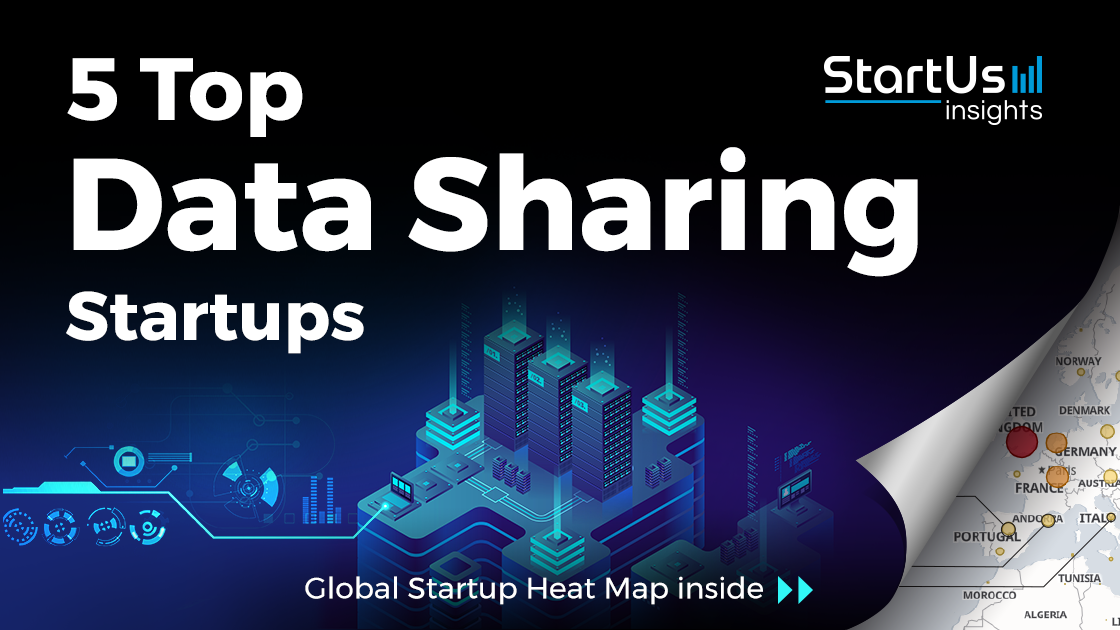In the age of digital transformation, data has become the lifeblood of innovation across various sectors. However, the effective sharing and utilization of data remain a significant challenge. RDataDAO, a groundbreaking initiative, seeks to address this by fostering a decentralized, transparent, and efficient data-sharing ecosystem. This article explores the mission, structure, and impact of RDataDAO in revolutionizing data sharing.
The Mission of RDataDAO
RDataDAO aims to democratize data access and sharing. By leveraging blockchain technology and decentralized governance, it provides a platform where data can be shared transparently and securely. This initiative is particularly crucial for research and technology sectors where data sharing is often hindered by silos, privacy concerns, and proprietary restrictions.
Key Objectives:
- Transparency: Ensuring that data sharing processes are open and verifiable.
- Security: Protecting data integrity and confidentiality through advanced encryption and decentralized storage.
- Collaboration: Facilitating cross-sector collaborations by providing a common platform for data exchange.
Structure and Governance
RDataDAO operates on a decentralized autonomous organization (DAO) model, which means that its governance is decentralized and managed by its community members. This structure ensures that decisions are made collectively, promoting fairness and inclusivity.
Governance Model:
- Token-Based Voting: Members hold tokens that represent their stake in the organization and can vote on proposals.
- Proposals and Decisions: Any member can propose changes or initiatives, which are then voted on by the community.
- Transparency and Accountability: All transactions and decisions are recorded on the blockchain, ensuring transparency and accountability.
Technological Framework
RDataDAO utilizes a combination of blockchain technology, smart contracts, and decentralized storage solutions to achieve its objectives. Here’s a closer look at the technological components:
- Blockchain Technology: Provides a secure and immutable ledger for recording transactions and governance decisions.
- Smart Contracts: Automate processes such as data sharing agreements, payments, and access controls.
- Decentralized Storage: Ensures data is stored in a distributed manner, enhancing security and resilience against breaches.
Impact on Research and Technology
The implementation of RDataDAO has significant implications for research and technology sectors. Here are some key impacts:
- Enhanced Collaboration: By providing a common platform, RDataDAO breaks down data silos, enabling researchers and technologists to collaborate more effectively.
- Accelerated Innovation: Easier access to diverse data sets accelerates the pace of innovation, leading to faster scientific discoveries and technological advancements.
- Increased Trust: The transparency and security provided by the blockchain enhance trust among participants, encouraging more organizations to share their data.
Case Studies:
- Medical Research: RDataDAO has facilitated data sharing among medical researchers, leading to breakthroughs in understanding and treating diseases.
- Environmental Studies: Researchers studying climate change and environmental impacts have benefited from access to diverse data sets, enabling more comprehensive analyses.
Challenges and Future Directions
Despite its promising potential, RDataDAO faces several challenges:
- Adoption: Convincing organizations to adopt a new, decentralized model can be difficult.
- Regulatory Compliance: Navigating the complex landscape of data privacy regulations across different jurisdictions.
- Scalability: Ensuring the platform can handle large volumes of data and transactions without compromising performance.
Future Directions:
- Integration with AI: Leveraging artificial intelligence to enhance data analysis and decision-making processes within the DAO.
- Expansion of Use Cases: Exploring new sectors and applications for RDataDAO, from finance to logistics.
- Community Growth: Building a larger, more diverse community of stakeholders to enhance the platform’s capabilities and reach.
Conclusion
RDataDAO represents a significant leap forward in the realm of data sharing. By combining the principles of decentralization, transparency, and security, it offers a robust solution to some of the most pressing challenges in the digital age. As it continues to evolve, RDataDAO has the potential to transform not only research and technology but also various other sectors that rely on efficient and secure data sharing.
